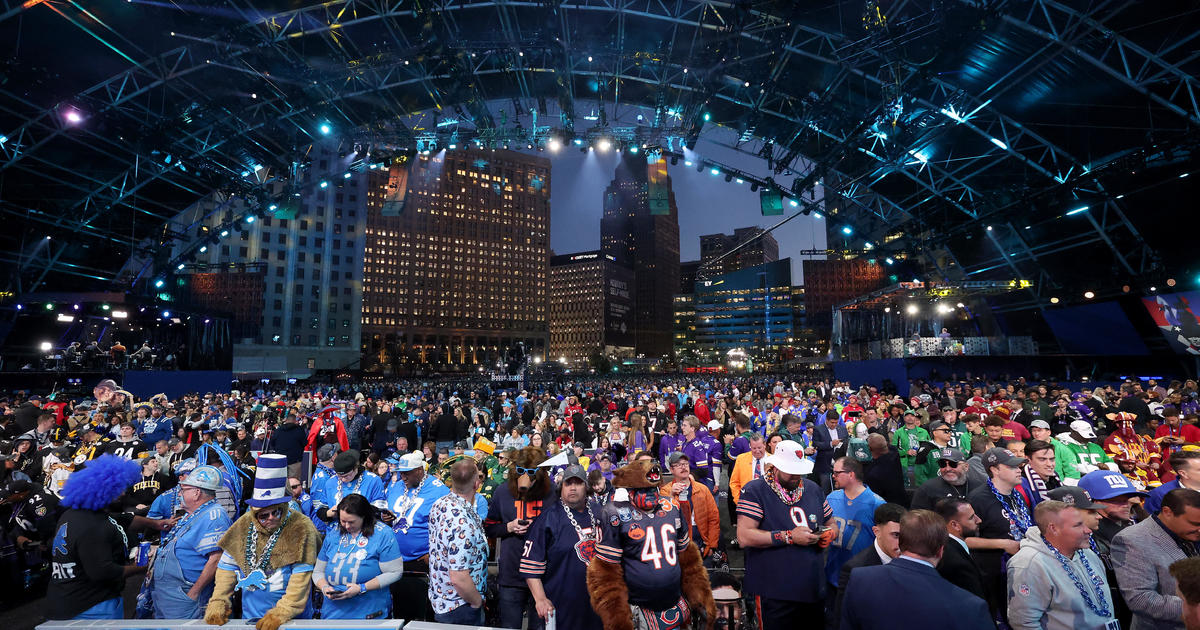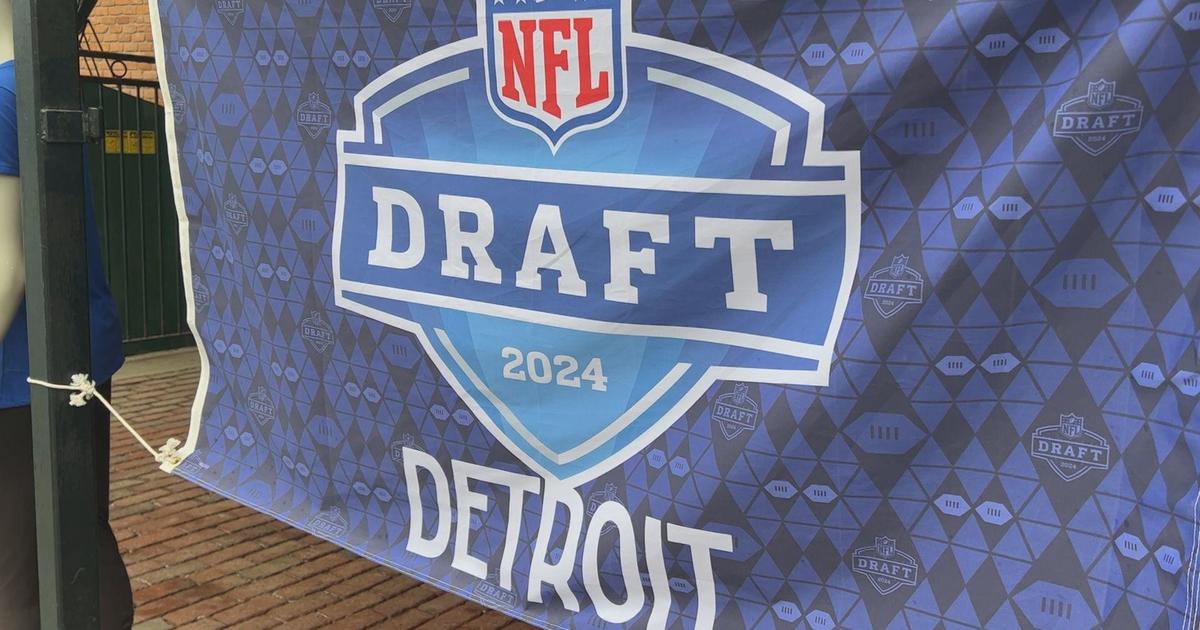GM Uses Facebook, Phone calls To Get Recalled Cars Fixed
By TOM KRISHER
AP Auto Writer
DETROIT (AP) - Eight months after General Motors began recalling more than 2 million cars because of a deadly ignition-switch defect, less than half the owners have gotten their vehicles fixed.
At first, the problem was a shortage of parts. But now the problem is people.
Despite the heavy publicity surrounding the scandal, many drivers evidently haven't heard of the recall or haven't grasped how serious the defect is because it hasn't given them any trouble.
As a result, GM has been forced to go beyond the usual ominous-sounding recall letters.
It has sent out Facebook messages and made phone calls to owners of the cars, mainly Chevrolet Cobalts and Saturn Ions. CEO Mary Barra has even sent a personal letter urging people to get the switches replaced.
"In some cases we've gone to the owners' home and gotten the vehicle, gave them a loaner, and are working to fix it," Barra said last week.
GM announced in February and March that it was recalling the cars after taking more than a decade to disclose the defect, now linked to at least two dozen deaths.
The switches can slip out of the run position, causing the engine to shut off. That can knock out power-assisted steering and disable the air bags.
Despite recall letters that bluntly warn that the defect can lead to injury and even death - and despite five congressional hearings and thousands of news stories about the furor - only about 1.16 million of the 2.36 million affected vehicles still on the road have been bought in for repairs.
One of the unrepaired cars belongs to Kim Atkins, a media relations specialist in Austin, Texas, who received recall notices in April and June for her 2007 Cobalt. Busy with moving back to her hometown from college and starting a new job, she ignored them both.
"I didn't think it was very serious just from the wording on the recall notice," said Atkins, 24. "I'm sure that it was important. I didn't get a sense of what the actual issue was, just neglected to do it."
Atkins said her fiance is mad at her for dallying. Now, she has made an appointment to bring her car into the shop this week. She has also removed everything from her keychain as instructed by GM.
Because the recalled cars are no longer produced, parts supplier Delphi Automotive had to bring machinery out of mothballs to start cranking out replacement switches.
Repairs finally began in April when the replacement switches started to arrive at dealers. Last Wednesday, GM announced that Delphi had made enough to fix all the cars.
Barra said the challenge now is to find those people who "have still not called the dealership and said, `Hey, let's get my car scheduled."'
GM's extraordinary efforts to reach people were part of an agreement that ended a federal investigation into why the automaker failed to promptly disclose the switch problem.
It's not unusual for some car owners to ignore recall notices. The average completion rate 1{ years after a recall begins is 75 percent, according to federal safety regulators. But few recalls are as serious as this one.
Kenneth Feinberg, the lawyer handling compensation claims for GM, on Monday raised the number of deaths attributed to the defect to 24. That toll is likely to rise as he handles more cases.
Among the 24 is Virginia law student Lara Gass, 27, who died in March when her 2006 Saturn Ion rear-ended a tractor-trailer and caught fire on Interstate 81 while she was on her way to work as a law clerk for a federal judge.
Witnesses told her family's lawyer, Bob Hilliard, that the air bags did not inflate, an indication of a defective switch.
At the time of the crash, GM had announced the recall and was sending warning letters. But the parts weren't yet available.
Hilliard didn't know if Lara had removed everything from her keychain. Her family recently accepted a settlement from Feinberg for an undisclosed amount.
About one-third of those who haven't had the repairs done are people with children, while one-fifth are young people without children, GM spokesman Terry Rhadigan said.
Usually those people who don't get their cars repaired are the ones who haven't seen any symptoms, said John O'Dell, senior editor for the Edmunds.com automotive website.
"People just don't want to be bothered," O'Dell said. "They don't see this as a problem. `It's not happening to me.' Then they just forget about it."
© Copyright 2014 The Associated Press. All Rights Reserved. This material may not be published, broadcast, rewritten or redistributed.



